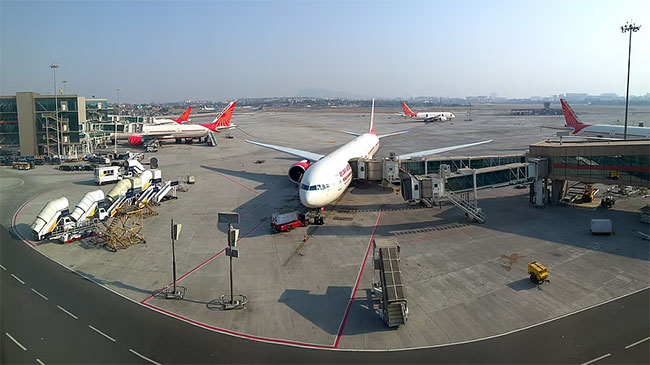A severe staffing shortage within India’s aviation safety regulator is critically undermining its capacity to fulfil its fundamental safety oversight role, a parliamentary committee has warned in a newly released report, the BBC reports.
The assessment, tabled in the upper house of parliament on Wednesday, states that the “profound and persistent shortage” of personnel at the Directorate General of Civil Aviation (DGCA) represents an “existential threat” to the integrity of the entire aviation safety system.
The committee, comprising lawmakers from both governing and opposition parties, was tasked with reviewing aviation safety protocols following the tragic Air India plane crash on 12 June, which resulted in 260 fatalities, predominantly passengers.
While the report does not explicitly link the staffing crisis to that specific incident, it highlights a range of pressing concerns, including critically overworked air traffic controllers and systemic operational vulnerabilities.
India’s ascent to become the world’s third-largest aviation market has been propelled by a massive boom in air travel, driven by budget airlines, rising disposable incomes, and a government push to expand connectivity through new airports. However, this rapid growth has exposed major challenges, including a severe shortage of qualified personnel, fatigue among existing staff, and significant infrastructural constraints.
Systemic vulnerabilities
The parliamentary report revealed that the DGCA is operating with a staffing deficit of almost 50%, with only 553 of its 1,063 sanctioned positions currently filled. It concluded that the regulator, “in its current form, is not in a position to discharge its duties for which it was established.”
Furthermore, the committee criticised the DGCA’s hiring model as “slow and inflexible,” hindering its ability to attract the necessary skilled talent and recommending that the body be granted “full financial and administrative autonomy” to address these chronic issues.
The immense pressure on air traffic controllers was singled out as a particular cause for alarm. The report noted that the aviation boom has placed controllers, especially those at metropolitan airports, under “immense pressure,” forcing many to operate under “prolonged and fatiguing duty schedules.”
A crucial emphasis was placed on improving error reporting systems. The committee urged the civil aviation ministry and the DGCA to align existing provisions with a “Just Culture” principle, which balances accountability with the understanding that human error is inevitable.
It noted that despite the existence of a confidential reporting system, there is a clear “need for clearer protections” to encourage transparent reporting of safety concerns.
The findings present a stark contrast to the civil aviation ministry’s recent statement in parliament that the staffing shortages had “not impacted the functioning of DGCA,” and come amid heightened scrutiny of the country’s aviation sector following a series of safety incidents.
